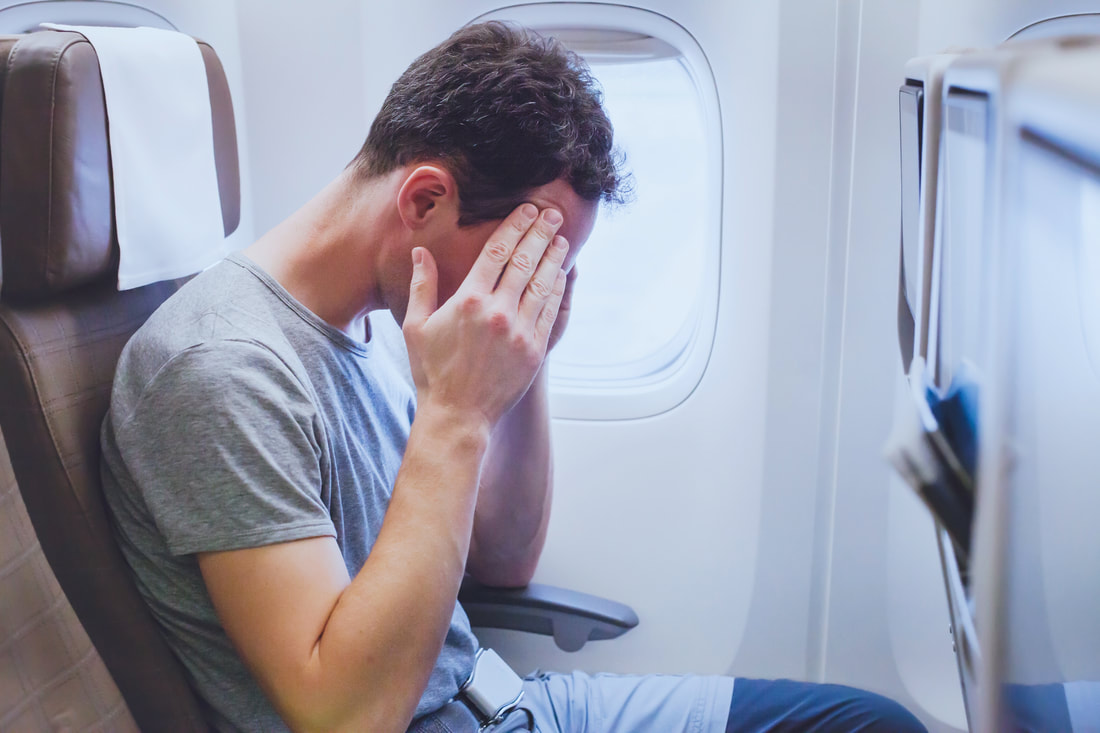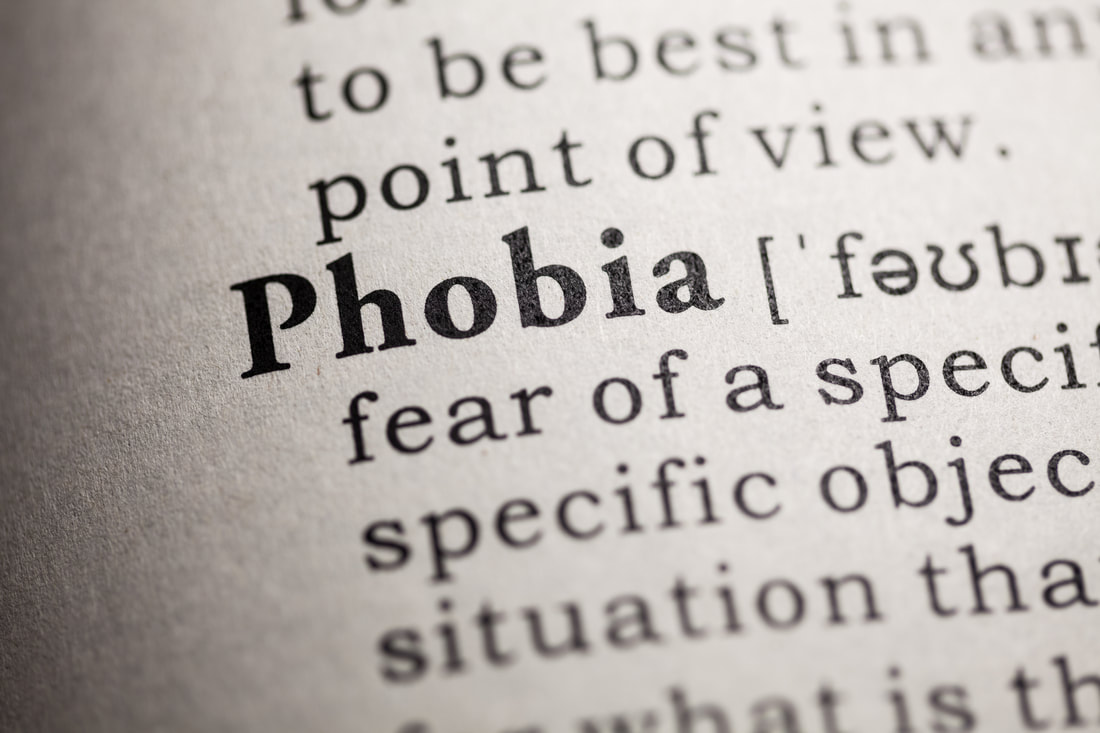Specific Phobias
Exposure-Based Cognitive Behavioral Therapy is a great option for the treatment of Specific Phobias. Treatment will include psychoeducation and helping the individual identify and alter misinterpretations of danger. The individual will be asked to face their fears, in a structured and controlled way with the support and help of their therapist. Exposures help the individual learn safety associations, so that their danger associations diminish. Avoidance is thought to perpetuate fear because, without exposure to the feared stimulus, there aren't sufficient opportunities for adaptive learning to take place. Confronting feared objects/situations while employing safety behaviors or "white knuckling" through a situation also inhibits safety learning. Therefore, removing avoidance and safety behaviors and asking the individual to face their fears allow for a re-programming of the individual's "alarm system."
|
Click here to learn more about Generalized Anxiety Disorder (Worry)
Click here to learn more about Social Anxiety Disorder
Click here to learn more about Panic Disorder
Click here to learn more about Health Anxiety/Illness Anxiety Disorder
Click here to learn more about Obsessive-Compulsive Disorder (OCD)
Click here to learn more about Social Anxiety Disorder
Click here to learn more about Panic Disorder
Click here to learn more about Health Anxiety/Illness Anxiety Disorder
Click here to learn more about Obsessive-Compulsive Disorder (OCD)
OakHeart Specific Phobia Counselors, Psychologists, and Social Workers
|
|
|
|
|
|
Specific Phobia Related Blogs:
|
A Specific Phobia is an extreme anxiety about specific situations or objects (American Psychiatric Association, 2013). Phobias range from fears of driving, flying, animals, insects, natural environment (such as storms), and elevators, to needles, vomiting, and medical procedures. They can be incredibly impairing and impact many aspects of your daily life...(to read more, click on the link above).
|
|
An intense, disproportionate fear of vomiting might not sound all that debilitating for those who don’t suffer from emetophobia or for those without a loved one with emetophobia. However, having an intense fear of vomit can wreak havoc on one’s life and interfere in one’s ability to engage in activities that they might otherwise love to do, such as travel, eat at restaurants, try new foods, attend school, watch certain movies or tv shows, have children or care for sick children, spend time around children, visit a loved one in a hospital, etc...(to read more, click on the link above).
|










